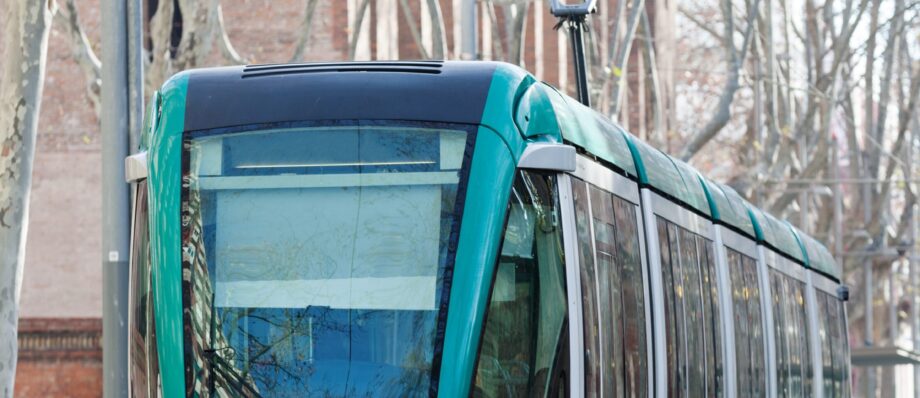APSRTC’s Ambitious Push for 600 More Electric Buses Across 11 Cities
The Andhra Pradesh State Road Transport Corporation (APSRTC) is accelerating its transition to sustainable public transport, with plans to introduce an additional 600 electric buses under the central government’s PM-eBus Sewa Scheme. This move builds on the corporation’s ongoing efforts to modernize its fleet and reduce carbon emissions across 11 cities in the state, including Visakhapatnam, Vijayawada, and Tirupati. Recent reports indicate that APSRTC has submitted proposals to the state government to secure these buses, aligning with Andhra Pradesh’s broader Electric Vehicles (EV) Policy aiming for a fully electric fleet by 2029.
This expansion follows the allocation of 750 electric buses already approved under the PM-eBus Sewa Scheme, which are set to commence operations by August 2025 in cities such as Guntur, Nellore, Kurnool, Kadapa, Anantapur, Kakinada, Rajahmundry, and Amaravati. According to official statements, these buses will operate on a rental basis, with the central government providing a subsidy of Rs 35 lakh per vehicle to operating companies. This financial support aims to ease the economic burden on APSRTC, as each electric bus costs between Rs 1.8 crore and Rs 2 crore. The corporation is also exploring private partnerships to ensure cost-effective deployment, a strategy that experts say is critical for scaling up sustainable transport initiatives.
The PM-eBus Sewa Scheme, launched in August 2023, is a cornerstone of India’s push for e-mobility, targeting the deployment of 10,000 electric buses across 169 cities with populations above 300,000. Andhra Pradesh’s inclusion of 11 cities underscores its commitment to reducing carbon emissions and improving urban air quality. The scheme also supports the development of charging infrastructure and depot upgrades, with APSRTC identifying key locations like Vidyadharapuram in Vijayawada and Mangalam in Tirupati for new depots. These efforts are expected to create 45,000 to 55,000 direct jobs nationwide, with a significant portion benefiting local economies in Andhra Pradesh.
Visakhapatnam is poised to receive the largest share of the initial 750 buses, with 100 allocated to the city, followed by Vijayawada and Guntur with 100 each. Tirupati, a major pilgrim destination, has been prioritized for additional buses, with Chief Minister Nara Chandrababu Naidu requesting 300 more to cater to the city’s growing commuter and tourist demand. This focus on Tirupati reflects the state’s recognition of the need for robust public transport infrastructure to support its cultural and economic significance.
The shift to electric buses is part of APSRTC’s broader plan to phase out 12,717 diesel buses by 2029, replacing them with electric alternatives. This includes scrapping buses that exceed age or mileage limits, such as those covering over 12 lakh kilometers for city services. By 2029, APSRTC aims to operate 10,155 owned electric buses and 2,562 on rental agreements. This transition is expected to significantly reduce air pollution and noise pollution, aligning with global trends toward greener urban mobility. Experts note that replacing diesel buses with electric ones could cut greenhouse gas emissions by thousands of tonnes annually, with the first 3,825 e-buses under the national scheme projected to avoid over 1,200 tonnes of NOx emissions over 12 years.
However, the high cost of electric buses poses challenges. APSRTC is navigating financial constraints by leveraging central subsidies and exploring innovative financing models. The corporation’s phased approach ensures that older buses are retired systematically, balancing economic feasibility with environmental goals. Recent posts on X highlight public enthusiasm for the initiative, with users praising the move toward sustainable public transport and expressing optimism about improved connectivity in Andhra Pradesh’s urban centers.
As APSRTC gears up for this ambitious expansion, the focus remains on creating a cleaner, more efficient public transport system. The addition of 600 electric buses will not only enhance mobility in 11 cities but also position Andhra Pradesh as a leader in India’s e-mobility revolution. With depot infrastructure plans submitted and operations set to begin soon, the state is on track to deliver a greener future for its commuters.


